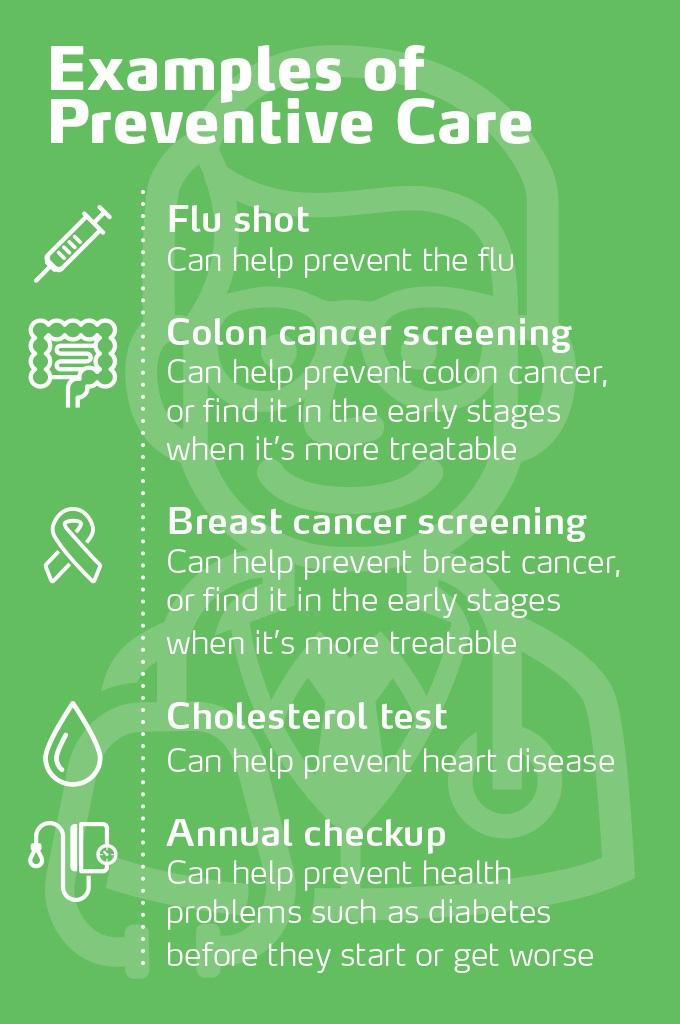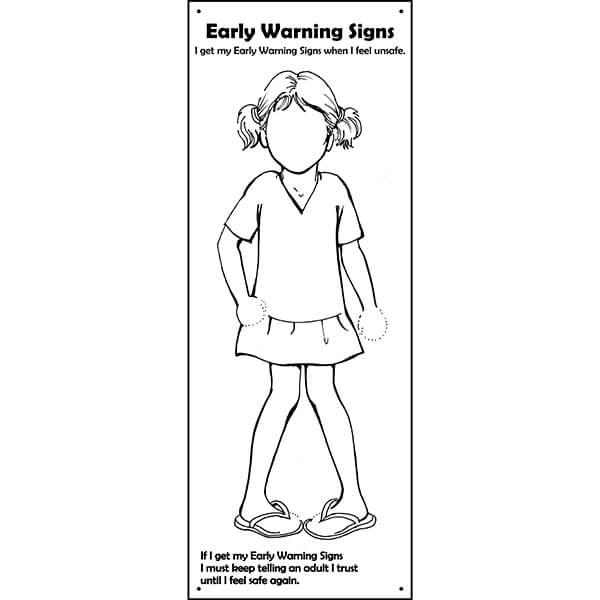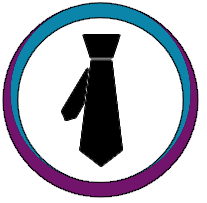In today’s fast-paced world, it’s all too easy to overlook one of the most crucial aspects of our lives: our health. While we often prioritize work, family commitments, and social engagements, we may neglect the regular check-ins that help us stay on top of our well-being. Routine health checkups, often seen as a mere formality or an inconvenience, are actually vital for maintaining our physical and mental health. These appointments serve as the first line of defense against potential health issues, allowing for early detection and preventive care. In this article, we will explore the importance of routine health checkups, their role in promoting long-term wellness, and how they can empower you to make informed decisions about your health. Let’s delve deeper into why making time for these essential appointments can be a transformative step towards a healthier future.
Table of Contents
- The Importance of Preventive Care in Maintaining Optimal Health
- Identifying Early Warning Signs Through Regular Assessments
- Tailoring Health Checkups to Different Life Stages
- Maximizing Your Visits: Essential Questions to Ask Your Healthcare Provider
- In Summary
The Importance of Preventive Care in Maintaining Optimal Health

Preventive care plays a crucial role in safeguarding your health long before symptoms of illness arise. By prioritizing routine health checkups, you empower yourself with the knowledge needed to detect potential issues early on. Regular visits to your healthcare provider can lead to timely interventions, preventing conditions from escalating into more serious problems. This proactive approach not only enhances your overall quality of life but also significantly reduces healthcare costs in the long run. Some key benefits of preventive care include:
- Early Detection: Identifying health issues before they progress.
- Personalized Health Plans: Tailored strategies to meet individual health needs.
- Improved Lifestyle Choices: Guidance on maintaining a healthy diet and exercise routine.
- Chronic Disease Management: Effective monitoring and treatment of ongoing conditions.
Moreover, routine checkups foster a trusting relationship between you and your healthcare provider, encouraging open discussions about health concerns. During these visits, screenings and vaccinations are typically administered, further enhancing your ability to stay healthy. Consider the following table that outlines essential screenings recommended for various age groups:
| Age Group | Recommended Screenings |
|---|---|
| 18-39 | Blood Pressure, Cholesterol, BMI |
| 40-64 | Diabetes Screening, Colon Cancer Screening |
| 65+ | Pneumonia Vaccine, Vision and Hearing Tests |
Being proactive about your health through regular checkups not only enhances your longevity but also fortifies your defenses against future health challenges. Adopting a preventive mindset can lead to a more informed and healthier lifestyle.
Identifying Early Warning Signs Through Regular Assessments

Regular health assessments are crucial for uncovering potential issues before they escalate into serious concerns. By participating in routine checkups, individuals can benefit from a comprehensive evaluation of their health status, which may help to identify risk factors and early warning signs of various conditions. This proactive approach allows healthcare professionals to provide tailored advice and interventions, ensuring a higher likelihood of successful management and treatment. Examples of warning signs that can be detected during these assessments include:
- Elevated blood pressure: An indicator of cardiovascular health, which can signal risks such as heart disease.
- Abnormal cholesterol levels: This can affect blood circulation and increase the risk of heart-related conditions.
- Unexplained weight changes: Fluctuations in weight may suggest metabolic issues or other underlying health problems.
- Changes in mental health: Regular evaluations can highlight emerging signs of anxiety or depression.
In addition to these specific indicators, regular assessments empower individuals to take charge of their health. Tracking metrics such as blood sugar levels, body mass index (BMI), and even mental well-being over time can identify troubling trends that may go unnoticed in the hustle and bustle of daily life. Keeping a watchful eye on these markers is invaluable, as it often lays the foundation for important lifestyle changes or interventions. A simple comparison table showcasing a few metrics might look like this:
| Health Metric | Normal Range | Potential Warning Sign |
|---|---|---|
| Blood Pressure | 120/80 mmHg | Above 130/80 mmHg |
| Cholesterol | Below 200 mg/dL | Above 240 mg/dL |
| Blood Sugar | 70-100 mg/dL | Above 126 mg/dL |
Tailoring Health Checkups to Different Life Stages
Health checkups are not one-size-fits-all; they should be adapted to meet the specific needs of individuals at various life stages. For children and adolescents, regular visits are crucial for monitoring growth and development. These checkups typically focus on vaccinations, nutritional assessments, and screenings for common health issues. In early adulthood, the emphasis often shifts toward preventive care, including sexual health screenings, mental health assessments, and lifestyle counseling. Key checkup components may include:
- Immunizations: Staying current with vaccinations to prevent disease
- Physical exams: Assessing overall health and fitness
- Mental health screenings: Addressing stress, anxiety, and depression
As individuals transition into middle age and beyond, the focus of health checkups continues to evolve, with an increased emphasis on chronic disease prevention and management. At this stage, screenings for conditions such as diabetes, heart disease, and cancer become critical. Additional components of these checkups may include:
| Life Stage | Focus Areas |
|---|---|
| Young Adults | Preventive care, mental health, and lifestyle habits |
| Middle Age | Chronic disease screenings, nutrition, and exercise |
| Seniors | Pain management, mobility assessments, and cognitive testing |
Maximizing Your Visits: Essential Questions to Ask Your Healthcare Provider
When visiting your healthcare provider, making the most of your time can significantly impact your health journey. Prepare a list of essential questions to ensure all your concerns are addressed during your appointment. Key inquiries can include:
- What preventive screenings or tests do I need? Regular screenings can catch potential health issues early.
- How can I manage my current medications? Discussing side effects and interactions helps optimize your treatment.
- What lifestyle changes can I make to improve my health? Tailored advice can lead to lasting improvements in well-being.
- Are there any new health concerns related to my family history? This question is crucial for personalized risk assessments.
Additionally, it’s beneficial to ask for clarity on medical jargon or processes you don’t understand. Encourage open communication by utilizing these important questions:
| Question | Purpose |
|---|---|
| What are my results saying? | Understanding test results can guide your next steps. |
| When should I schedule my next visit? | Establishing a follow-up plan ensures continuity of care. |
| What resources are available for further learning? | Access to credible information fosters informed decision-making. |
In Summary
routine health checkups are not merely a formality; they are a vital component of proactive health management that can significantly influence your overall well-being. By identifying potential issues early, fostering a consistent dialogue with healthcare providers, and empowering yourself with knowledge about your body, you are taking essential steps toward a healthier future. Prioritizing these checkups can lead to a better quality of life, reduced healthcare costs in the long run, and enhanced longevity.
Don’t wait for symptoms to guide your healthcare decisions. Make routine checkups a cornerstone of your health strategy. Remember, an ounce of prevention is worth a pound of cure. Schedule your next appointment today, and invest in the most valuable asset you have—your health. Your future self will thank you.



